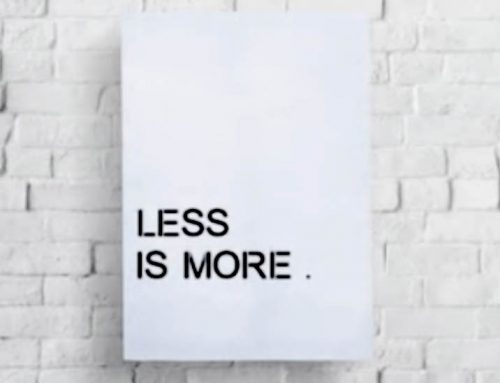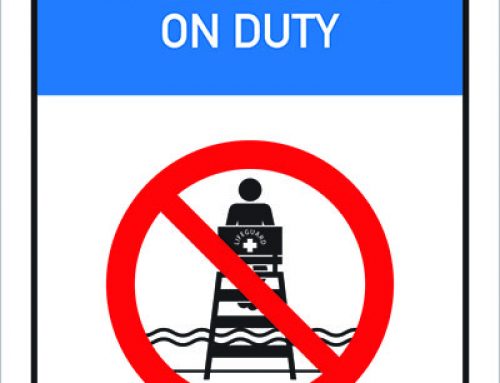 When I was in my twenties I was a master dieter. I would try every diet fad with the hope of quickly becoming my desired weight and size. If I veered off my diet – even a little – I would give up, eat whatever I wanted, and declare that I am starting again on Monday. I allowed no room for mistakes. It was all or nothing. What I didn’t realise was that by viewing any slip up as a disaster and postponing healthy habits, I was sabotaging my efforts. Suppose you spill a little coffee on your shirt, would you then decide, never mind, I’ll dump the entire cup on my shirt and then go change into something different? As crazy as that sounds, that described my all or nothing thinking towards my goals back then.
When I was in my twenties I was a master dieter. I would try every diet fad with the hope of quickly becoming my desired weight and size. If I veered off my diet – even a little – I would give up, eat whatever I wanted, and declare that I am starting again on Monday. I allowed no room for mistakes. It was all or nothing. What I didn’t realise was that by viewing any slip up as a disaster and postponing healthy habits, I was sabotaging my efforts. Suppose you spill a little coffee on your shirt, would you then decide, never mind, I’ll dump the entire cup on my shirt and then go change into something different? As crazy as that sounds, that described my all or nothing thinking towards my goals back then.
Stop with all or nothing thinking
Too many of us are obsessed with making grandiose changes that we fail to appreciate the small wins. We set a goal with a desire for instant change or success. Any failure stops all our hard work in its tracks. Some don’t even bother trying at all, after all, if the goal post is too unattainable why bother trying? What we need to realise is that change requires patience and resilience.
To get to where you want to be will take time and you will make mistakes along the way. That is not just okay, it is necessary. Mistakes are part of the journey and help you to learn and grow. It is important to be flexible when working towards a goal and set reasonable objectives. That is how you will achieve success.
Start eliminating all or nothing thinking now.
Here are a few tips:
- Set realistic goals – in today’s world there is a constant desire for instant gratification. With advances in technology life moves faster. It can feel that we always need to keep up. The hard truth is that success can take time. If you set a goal that is unrealistic you most likely won’t achieve it. Consider someone who wants to run a marathon but only allows two weeks to train. The race will be a painful experience. If that same person recognised the time and effort that should go into training for a marathon the same race would turn out to be quite a bit different.
- Appreciate small wins – give yourself credit for what you have already accomplished (yes, there is most certainly something to celebrate). For example, if you are starting a business, recognise all the steps you have taken along the way – having a business idea, establishing a name, getting your first client, etc., these are all wins. If you only focus on a big goal such as how much you have earned in your first year you may get discouraged when in fact you just need to give it time.
- Stop fearing failure – the only way to guarantee you won’t succeed is to be unwilling to embrace failure. Failure that comes from trying something new will help you get closer to your goal. You refine your plan, pick yourself up and keep going. Also, remember that many of our famous inventors and media stars dealt with failure before they became a success. In the words of Thomas Edison (who failed numerous times before inventing the light bulb) “many of life’s failures are people who did not realize how close they were to success when they gave up.”
The next time you are frustrated that you aren’t making fast enough progress towards your goal, stop the all or nothing thinking and remember these tips. You will get there with patience and effort.
Don’t give up.











